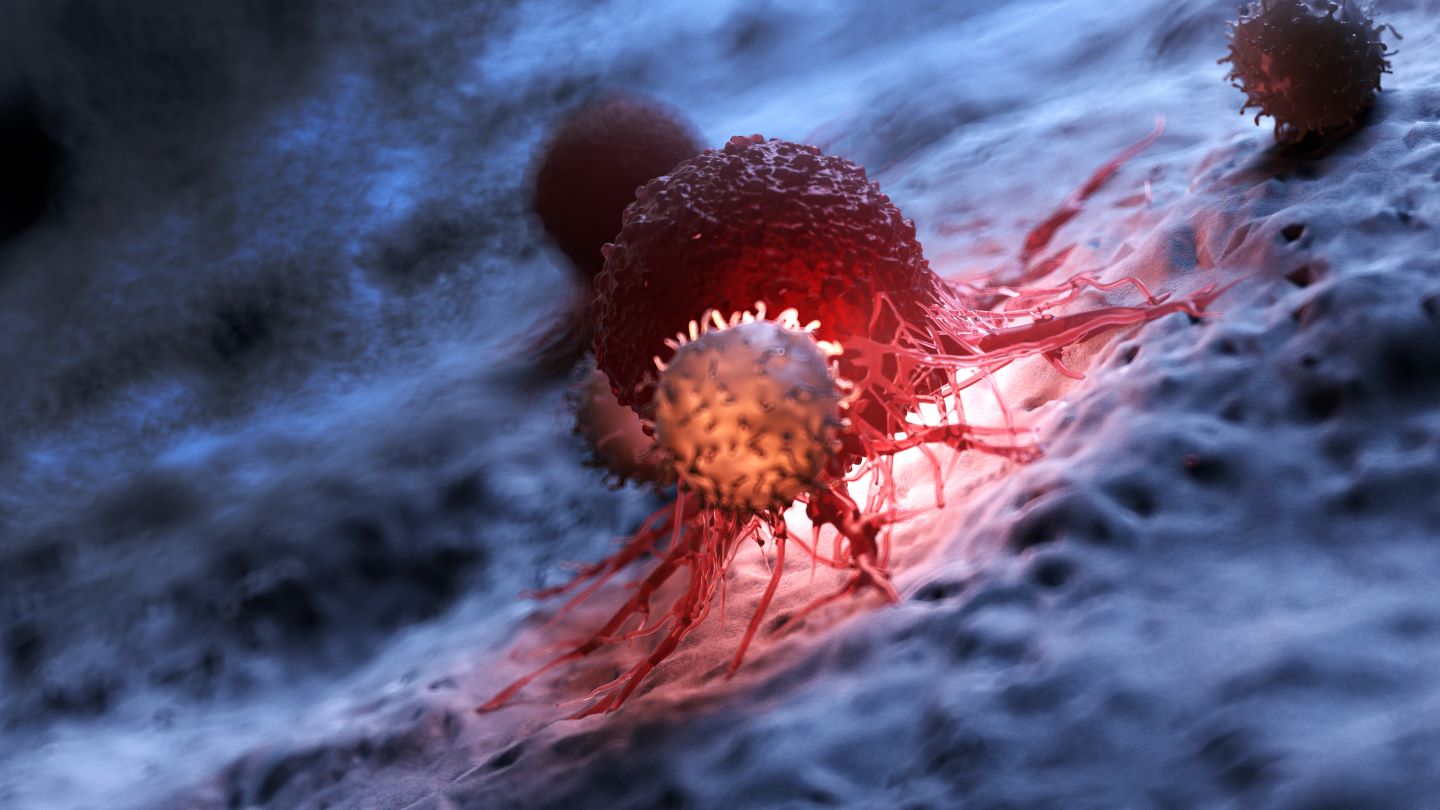
IDP Pharma has dosed the first patient in a Phase I/II clinical trial of IDP-121 to treat cMyc-driven haematological malignancies.
Dubbed IDP-121-001 CASSANDRA, the open-label, multicentre trial will analyse the tolerability, safety, pharmacokinetics (PK), pharmacodynamics (PD) and initial clinical activity of IDP-121.

Discover B2B Marketing That Performs
Combine business intelligence and editorial excellence to reach engaged professionals across 36 leading media platforms.
It will have patients with multiple myeloma, diffuse large B cell lymphoma not otherwise specified (DLBCL-NOS), high-grade B cell lymphoma with double or triple hit rearrangement (HGBL-DH/TH) and HGBL-NOS, and chronic lymphocytic leukaemia.
The Phase I portion will analyse the maximum tolerated dose and the recommended Phase II dose (RP2D) of IDP-121.
Overall response rate, duration of response, time to progression, progression-free survival, event-free survival and overall survival at RP2D will be evaluated in the Phase II portion of the study.
A lead compound of IDP Pharma, IDP-121 can hinder the function of cMyc protein and cause target degradation.

US Tariffs are shifting - will you react or anticipate?
Don’t let policy changes catch you off guard. Stay proactive with real-time data and expert analysis.
By GlobalDataIDP Pharma chief scientific officer Dr Laura Nevola said: “IDP-121 has demonstrated the unique ability to directly engage cMyc protein, triggering an antitumor response in several animal models.
“We are particularly interested in the exploration of haematological diseases, including multiple myeloma, that we know are heavily cMyc dependent and give us the opportunity to quickly measure the on-target effect.
“Ultimately, we hope to see the biological and clinical response that will confirm the broad potential of this therapeutic approach across solid and liquid tumours.”
Hospital Universitario Marqués de Valdecilla haematology head professor Enrique Ocio is the principal investigator of the study.
The trial also includes Hospital Vall d’Hebron, Hospital Universitario of Salamanca, Hospital Universitario 12 de Octubre, and Hospital Universitario Virgen de la Arrixaca, in Spain.



